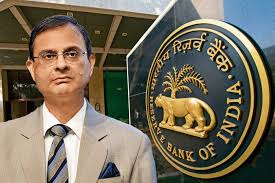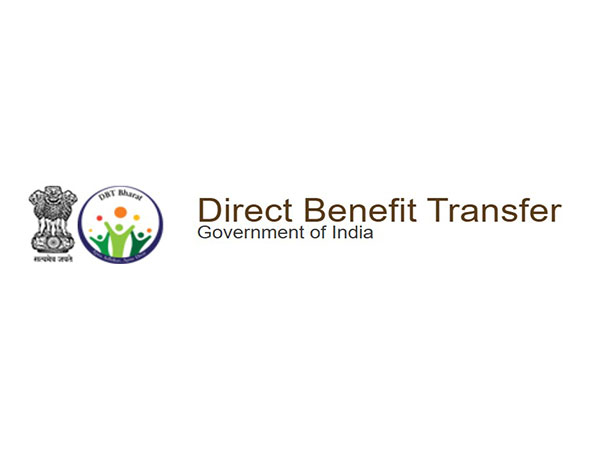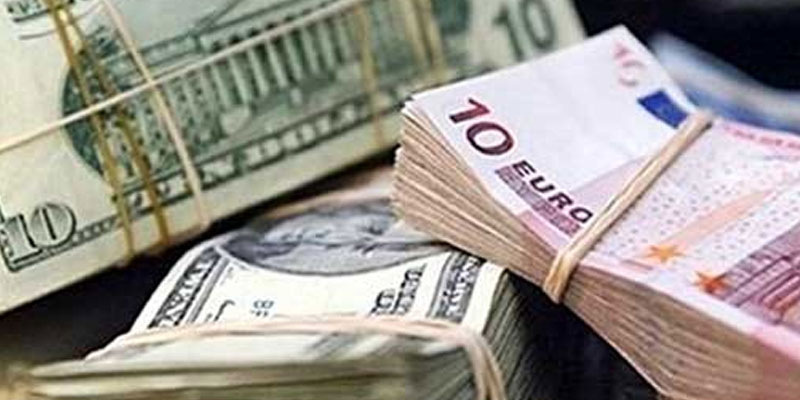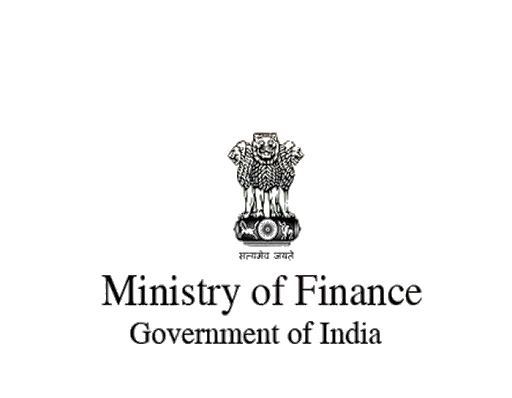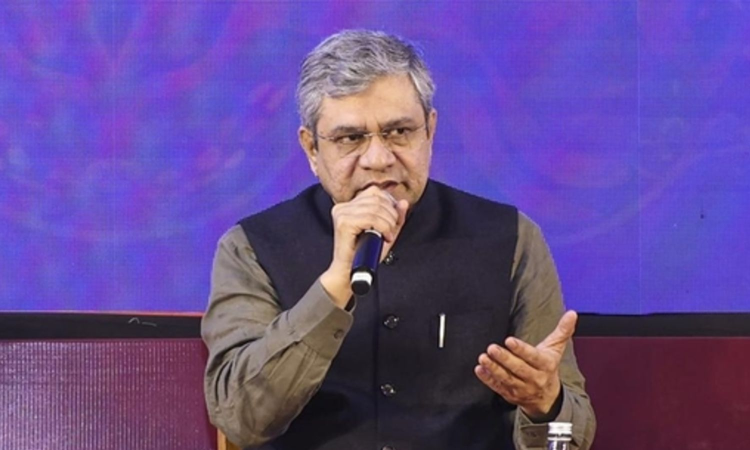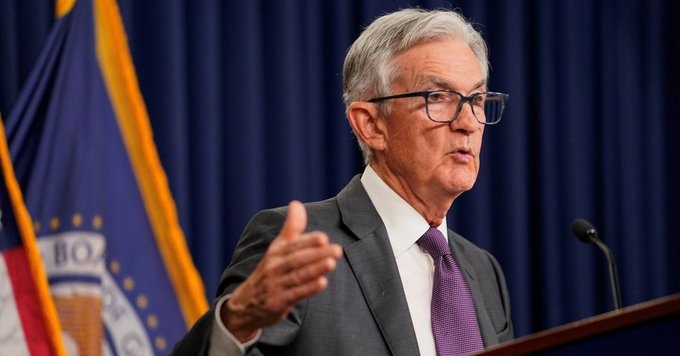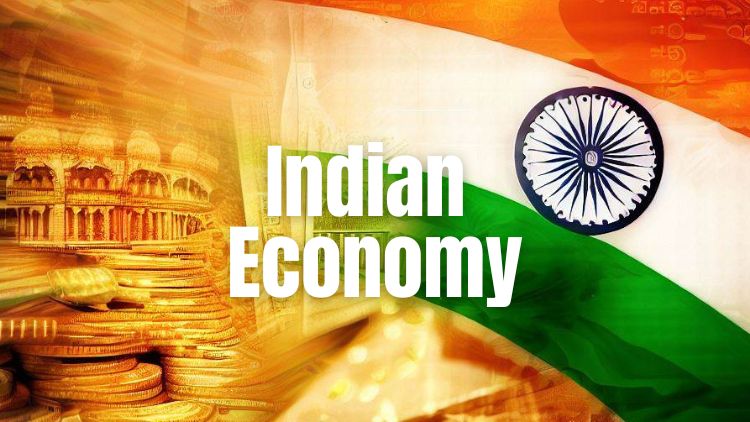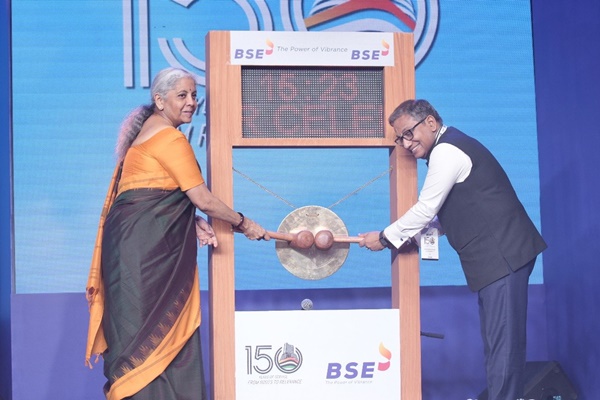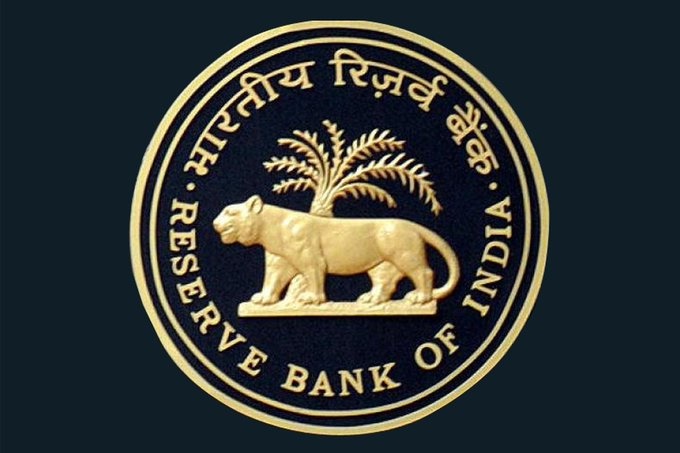As Mallya Custody Sought, India's Extradition Success Rate Is 36%
Tue 25 Apr 2017, 15:40:28
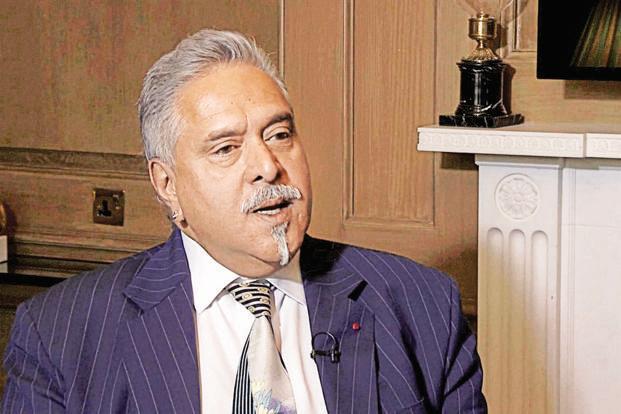
The government seeks custody of liquor baron Vijay Mallya from the UK, but India's success rate at extradition has been no more than 36% over 15 years, according to a report by Factly.in, a data journalism portal. This means India managed one extradition of every three sought.
While 62 fugitives have been extradited to India from a foreign country between 2002 and 2016, 110 fugitives are yet to be extradited, though a formal request has been made by India, according to an answer to the Lok Sabha (lower house of Parliament) on 6 December 2016, Factly reported.
Mallya was arrested by the Scotland Yard - and released on bail - on 18 April 2017, in connection with an extradition request filed by India on 8 February 2017. The UK government has sent a request to the concerned court, and the arrest marks the beginning of the process of extradition.
Mallya is wanted in several cases related to economic offences in India. The now-defunct Kingfisher Airlines that he set up, owes over Rs 9,000 crore to state-owned and private banks.
There were 16 extradition requests pending with UK as of July 2016, according to this answer to the Lok Sabha. Only one fugitive has been extradited from UK - Samirbhai Vinubhai Patel, an Indian citizen, for murder; the extradition came in October 2016, 23 years after India's extradition treaty with the UK came into force in 1993.
The highest extraditions happened from UAE (18), followed by USA (9). While four each were extradited from Canada and Thailand, three have been extradited from Germany and South Africa.
India Has Extradition Treaties With 47 Countries
India has signed extradition treaties with 47 countries.
India also has extradition arrangements with nine other countries - Croatia, Fiji, Italy, Papua New Guinea, Peru, Sri
Lanka, Singapore, Sweden and Tanzania.
Lanka, Singapore, Sweden and Tanzania.
What Is the Process of Extradition?
A request for extradition can be initiated against a fugitive criminal who is formally accused of, charged with or convicted of an extradition offence. The Ministry of External Affairs (MEA) takes up extradition requests with the concerned foreign countries when a request for extradition is received from the relevant law enforcement agencies in India.
All extradition requests should be supported by documents and information as prescribed by the MEA guidelines. It has to be noted that each extradition request is different, and the request is dependent on the specific treaty/agreement signed with a country. The offence should also be defined in the list of the extradition offences.
What Are the Offences Defined in the Extradition Treaty With UK?
The extradition treaty signed in 1993 with the UK defines the scope of the extradition offence as one which is punishable by law for a term of imprisonment of at least one year. The treaty does not classify political offences as extradition offences, but it provides an exhaustive list of offences that will not be treated as a political offence.
Most Fugitives Extradited in 2005
The most (8) fugitives were extradited in 2005, followed by seven each in 2003 and 2004. Six fugitives were extradited in 2015 during the rule of the current government.
Most People Extradited for Murder & Terrorism-Related Offences
Out of the 62 fugitives extradited since 2002, 14 were extradited for murder-related offences, and 10 for offences related to criminal conspiracy.
As many as nine fugitives were extradited for terrorism-related offences, including three of them from the UAE, in relation to the Mumbai bomb blasts in 1993.
No Comments For This Post, Be first to write a Comment.
Most viewed from Business
AIMIM News
Latest Urdu News
Most Viewed
May 26, 2020
Do you think Canada-India relations will improve under New PM Mark Carney?
Latest Videos View All
Like Us
Home
About Us
Advertise With Us
All Polls
Epaper Archives
Privacy Policy
Contact Us
Download Etemaad App
© 2025 Etemaad Daily News, All Rights Reserved.



